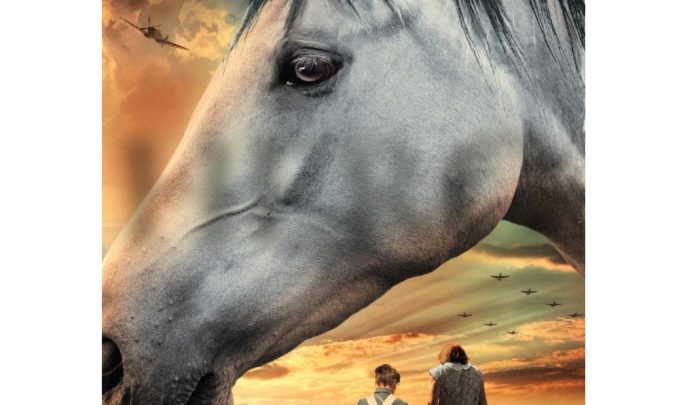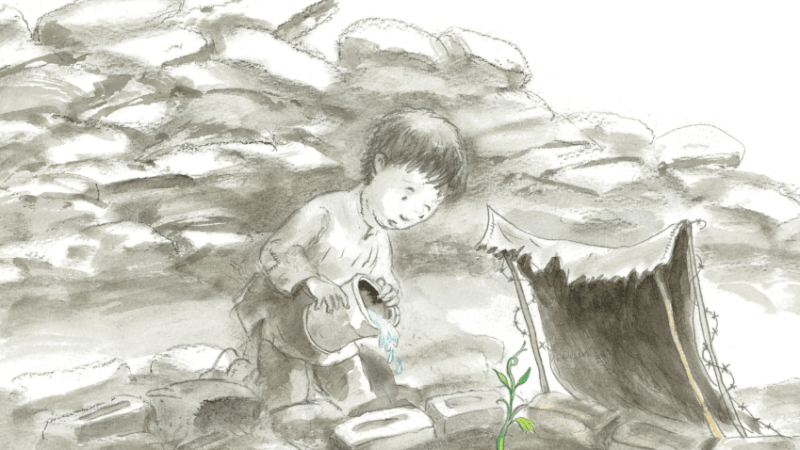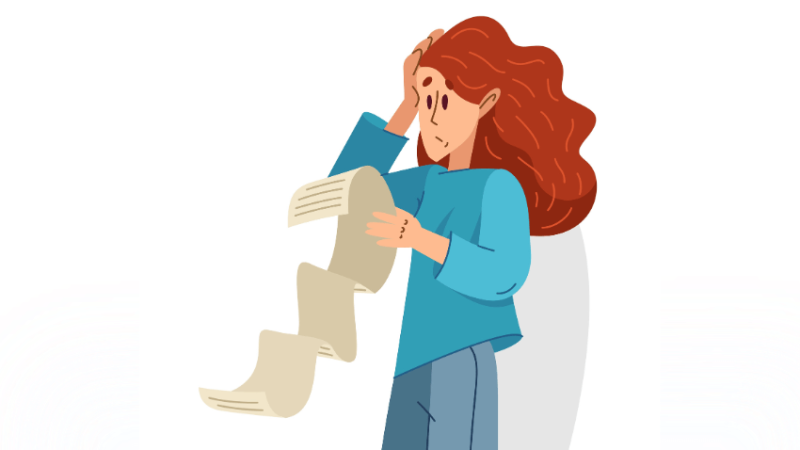Sam Angus: “The Best Stories Leave A Thumbprint On The Brain”

Sam Angus has almost certainly finished writing about animals in wartime – unless another story demands to be told

- by Sam Angus

I was a very early reader. We lived abroad, and in those latter days of Franco’s Spain where I spent my formative childhood years, there was nothing on TV but a static advert until 6 or 7pm and little of interest for me after that, anyway. I didn’t speak the language; so books became my entertainment and companions.
I read, and read and read, from as soon as I could. And while I can still remember the trauma of having to learn my times tables, I had no difficulty with the alphabet that I can recall. My grandmother taught me how to pick out letters, and I have a very distinct and comfortable memory of sitting with her at the kitchen table, starting to make sense of the written word.
There were always lots of books around me to choose from – despite living in at least 17 houses across four countries, my parents always made sure our books travelled with us, and I still have all of mine from those years. Books were more prized back then. They were harder to get hold of, and more expensive than they are now; today you can order them in a matter of seconds, or even browse through them online without ever owning them at all. It’s a very positive thing that books are so much more accessible than used to be the case, but the rise of self-publishing and the drop in printing costs mean that enormous numbers are being produced – around 11,000 new children’s books are released annually in the UK alone! How are young people, and their parents, supposed to navigate through all those titles, and find their way to the ones that will really influence and stay with them?
Especially as there are fewer trained librarians – custodians of the shelves and the treasures they contain – than ever.
Any reading is good, of course. Even if something isn’t especially well written, it’s a case of building the practice and the habit. Young people need to be ‘caught’ by books, any way we can catch them. Because if you miss that window, that chance to captivate them, you might lose them as a reader for good.
But we should remember, I think, the power and the impact that books can have on a young reader. A child’s mind is very plastic so the stories he reads, the very best of those stories, can leave a kind of thumbprint on the brain, and the characters and adventures they read about will stay and can journey with that child through life. As an adult, you can barely remember something you were reading just a week ago.
I was such a dreamer as a child. Books help you to dream – to think about different worlds and other possibilities. And indeed, the great goal of children’s literature is to make the reader look forward – to ask, ‘What kind of an adult do I want to be? What sort of a world would I like to live in? What do I believe, and hold to be right and wrong?’ Adult literature tends to look backwards; to consider a situation and ask how it arose – why we are where we are now and how we got into this situation.
I always knew I would write, and for children. That was a certainty. It’s something to do with temperament, I suspect – I feel happiest in a world where as Wilde said, the good end happily and the bad unhappily, a world in which you know that finally, justice will be dispensed. CS Lewis once said that there were parts of him that felt 12 years old, and parts of him that were already 60 when he was only 12. I think many writers for children might feel the same. What I didn’t know, however, when I was young, and not for a long time, was what I would write about. Then one, sweltering summer’s day I was in the car and heard a radio programme about messenger dogs during the war. Despite the heat, I felt a shiver down my spine; I was incredibly touched. And I quickly discovered that no one seemed to know about these animals and the part they had to play in that terrible conflict. I spent a couple of years in the War Museum, researching, before Soldier Dog was ready to be written.
After three books about animals in war time, I’m almost sure I’m finished with that vein of stories – my latest, The House on Hummingbird Island, is a big departure. It still has a rich cast of animals, but they are at one step removed; they are important to Idie, the protagonist, but she doesn’t have that intense relationship with one of them that was the primary focus of each of my previous books. I can’t say ‘never’, though. The important thing when you write is that you feel deeply moved by something – you grasp a glimmer of an idea that will take you on the novel’s journey. So although I have no plans to write any more tales of creatures during conflict… I know that I could easily stumble into another story waiting to be told, and find myself answering that call.











